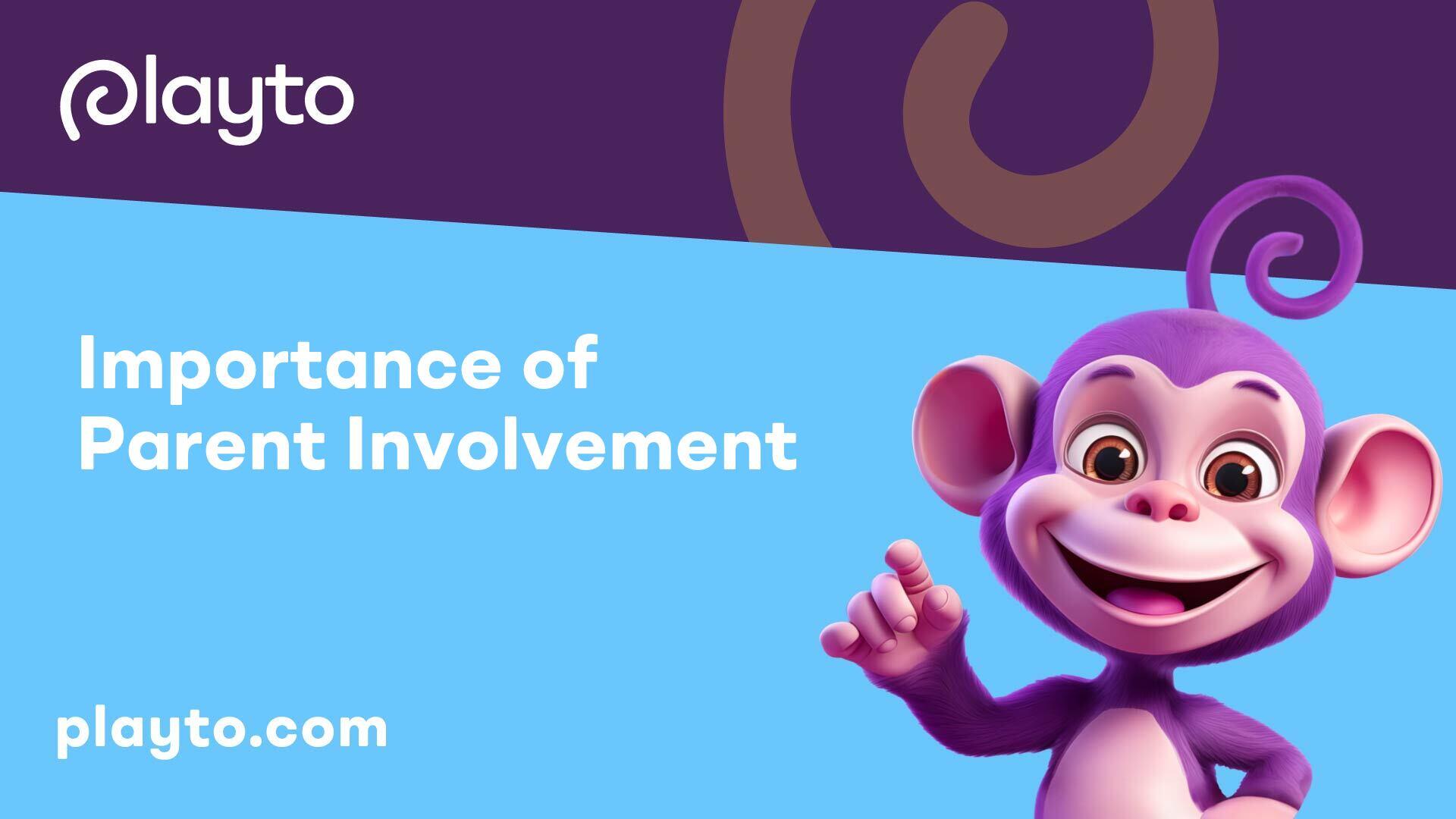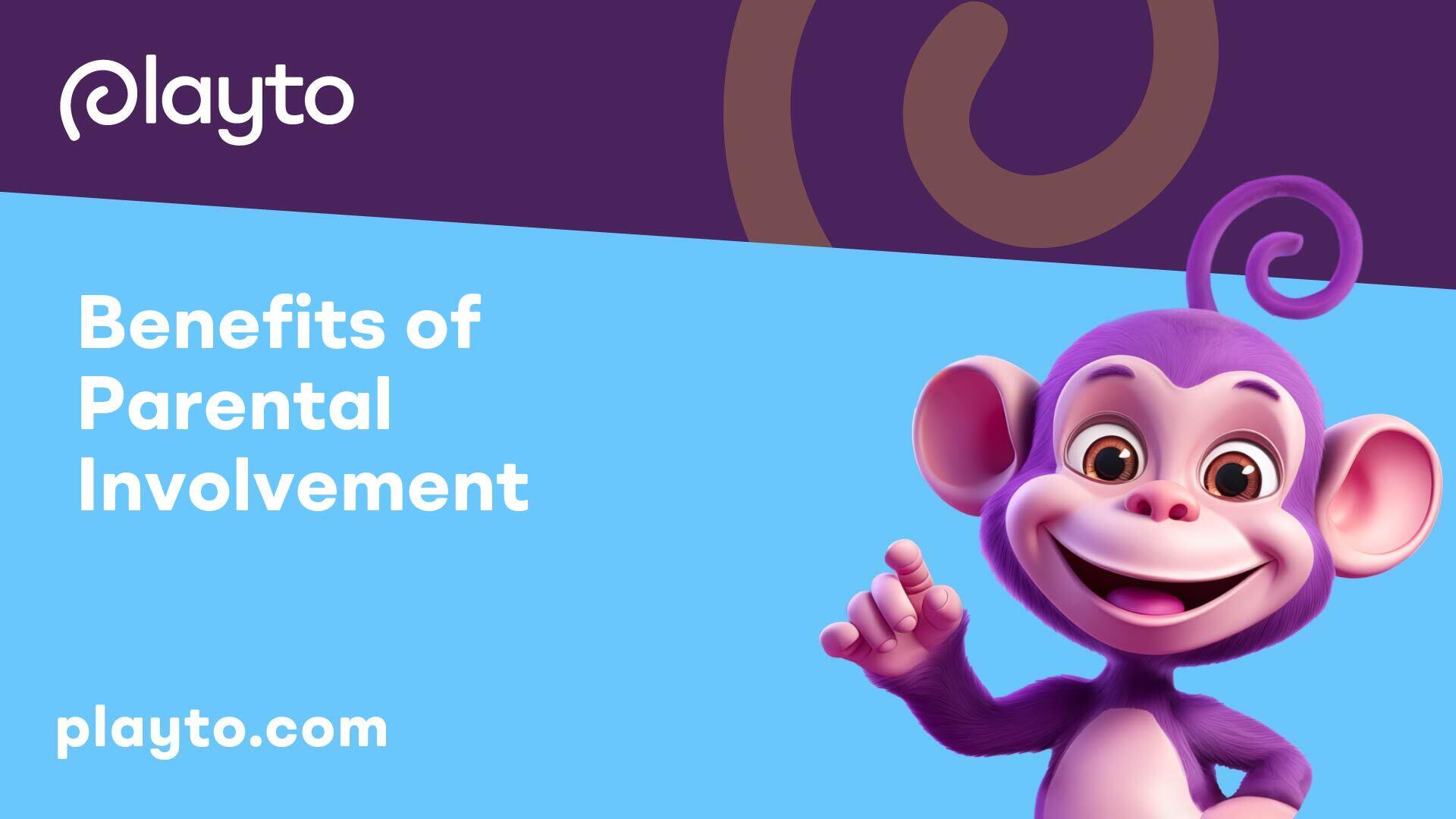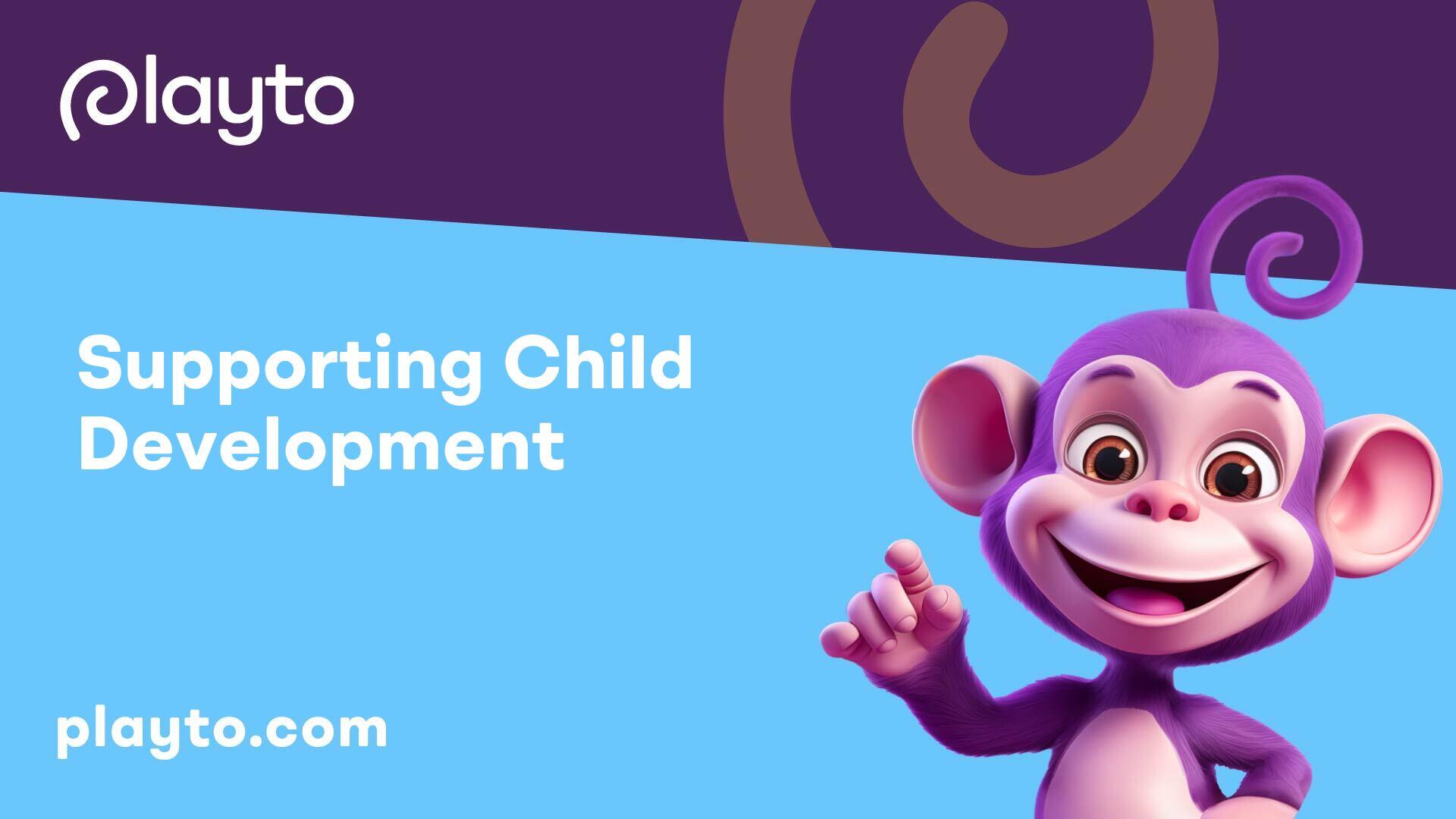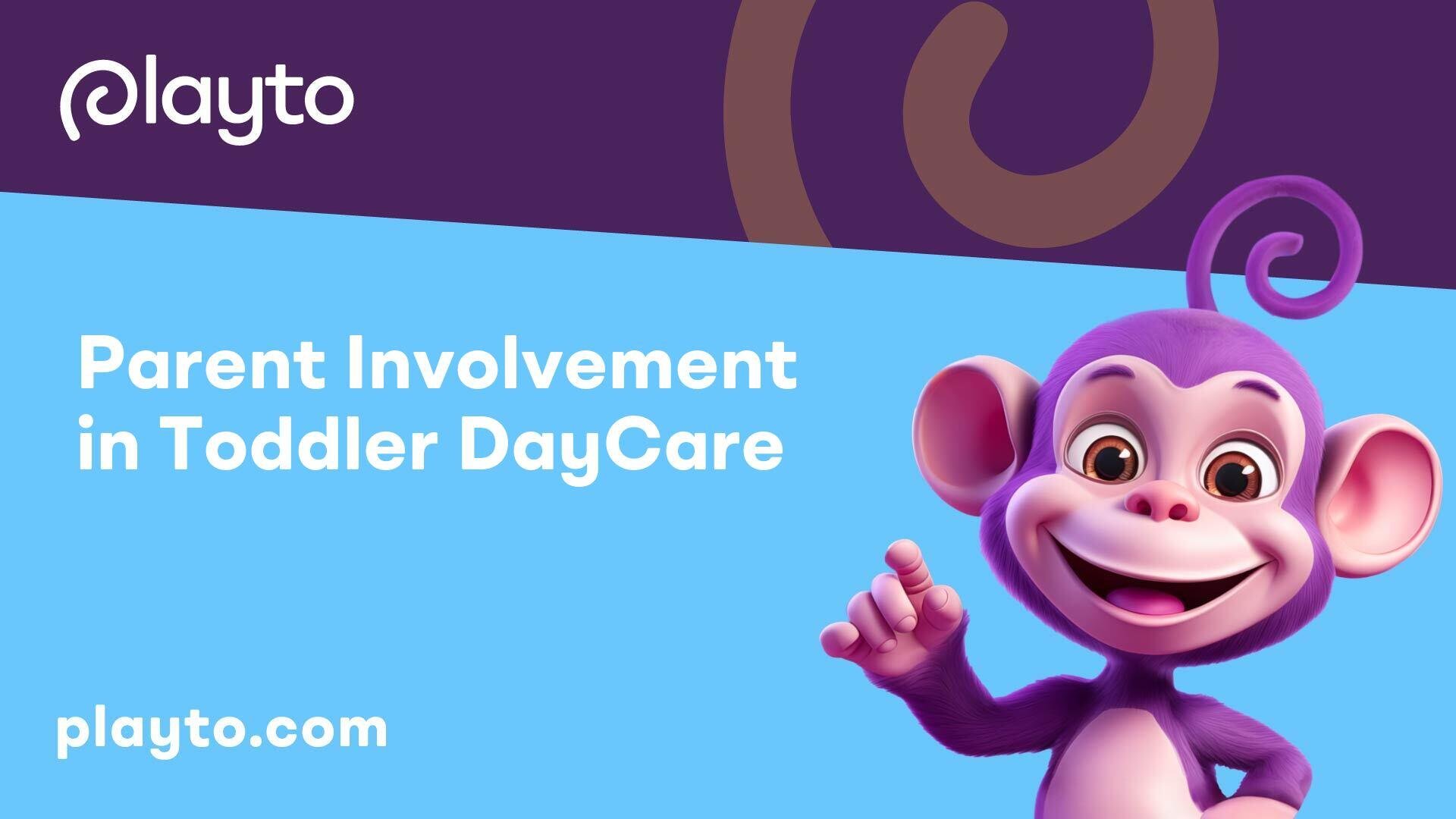
Importance of Parent Involvement
Academic and Social Impact
Parental involvement in toddler daycare plays a critical role in shaping both the academic and social development of children. Research from KLA Schools highlights that parents who actively engage in daycare activities contribute significantly to their child's educational journey, leading to positive outcomes in both academic performance and social interactions. Establishing stable and quality relationships during a child's early years is fundamental for laying the groundwork for their overall growth and development.
Child Developmental Outcomes
Engaging parents in daycare settings not only benefits academic endeavors but also has a profound impact on the developmental outcomes of children. Childcare centers are encouraged to keep parents informed about their child's progress regularly, fostering a sense of involvement and connection. By creating opportunities for parental participation, daycare centers can establish a strong parent-caregiver partnership that is instrumental in ensuring the successful development and education of the child. This support network strengthens the child's overall well-being and lays the foundation for lifelong success.
Family involvement is known to have a positive correlation with desirable outcomes in child development, attitudes, and behavior. Early engagement by family members, who are considered the child's primary teachers, significantly influences the child's developmental trajectory. Therefore, emphasizing family engagement during the formative years of a child's life is crucial for nurturing their growth and nurturing a strong educational foundation.
Parent involvement is not only beneficial for the child but also plays a vital role in improving school programs, the school environment, and the relationship between teachers and parents. Fostering family engagement is a key component of early childhood education programs like Head Start, enhancing communication channels between parents, teachers, and childcare providers. This collaborative approach advocated by educators, policy makers, and researchers demonstrates the collective effort required to support and uplift children, especially those who may be facing educational challenges [3].

Benefits of Parental Involvement
In the realm of toddler daycare, the active participation of parents plays a significant role in shaping a child's early experiences and development. Two key facets of parental involvement in daycare that yield numerous benefits are learning life skills and ensuring consistency in education.
Learning Life Skills
Parental involvement in daycare or preschool can foster the acquisition of crucial life skills in young children. This engagement allows children to learn skills like compromise, reasoning, respect for others' opinions, and a sense of community. By being actively involved in their child's daycare journey, parents provide a supportive environment that nurtures these important life skills.
Furthermore, when parents participate in and reinforce the educational goals and strategies introduced at daycare within the home environment, a consistent approach to learning is established. This consistency aids in strengthening a child's confidence in exploring and understanding the world around them. The reinforcement of concepts learned at daycare through parental involvement helps solidify learning outcomes and enhances a child's overall educational experience [4].
Consistency in Education
Maintaining consistency in educational approaches between daycare and home settings is vital for a child's holistic development. Parental involvement in daycare activities not only enriches the learning experience of children within the daycare facility but also extends the educational journey beyond these walls. Parents who are engaged in their child's education have the opportunity to witness firsthand what their child is learning, enabling them to reinforce these lessons at home effectively. This continuity in educational efforts promotes a deeper understanding of concepts and enhances a child's learning outcomes [4].
Moreover, research suggests that family engagement in educational activities positively impacts academic performance, social development, and emotional growth in children. The active involvement of parents has been correlated with heightened academic achievement, greater school engagement, increased motivation, improved social skills, emotional intelligence, and reduced behavioral issues. This alignment in educational endeavors between parents and daycare settings creates a beneficial partnership that fosters a conducive learning environment for children.
By emphasizing parental involvement in daycare to promote the acquisition of life skills and ensure consistency in education, we pave the way for enriched early childhood experiences and foster a supportive learning environment that benefits both children and their families.

Supporting Child Development
Parent involvement plays a critical role in supporting the overall development of children in toddler daycare settings. Two essential aspects of supporting child development in daycare are providing progress updates to parents and fostering a strong parent-caregiver partnership.
Progress Updates
Regular and clear communication regarding a child's progress is essential for parents to stay informed and engaged in their child's development. Childcare centers should keep parents informed of their child's progress regularly and provide opportunities for parental involvement [1]. By sharing insights into a child's milestones, achievements, and challenges, parents can better understand their child's growth and development in the daycare environment.
Progress updates can include information on developmental milestones, social interactions, educational activities, and any specific areas where the child may need additional support. These updates serve as valuable insights for parents, allowing them to support and reinforce their child's learning and development both at home and in the daycare setting.
Parent-Caregiver Partnership
A strong partnership between parents and caregivers is vital for creating a supportive and nurturing environment for children in daycare. Collaborative relationships between home and daycare can promote children’s learning and growth, as families typically have the most significant impact on the development of young children. When parents and caregivers work together, they can create a cohesive support system that benefits the child's overall well-being and educational experience.
By fostering open communication and mutual respect, parent-caregiver partnerships can strengthen the child's support network, ensuring that the child receives consistent care and guidance both at home and in daycare. This collaborative approach allows parents to share valuable insights about their child's individual needs, preferences, and strengths, enabling caregivers to tailor their approach to best suit the child's development.
Studies have highlighted positive associations between parent involvement and academic skills, including achievement motivation, task persistence, and receptive vocabulary during the preschool and kindergarten years [3]. Therefore, empowering parents to actively participate in their child's daycare experience can lead to enhanced learning outcomes, increased school readiness, and improved academic performance in the long run.
By emphasizing progress updates and promoting a strong parent-caregiver partnership, daycare centers can create a supportive and enriching environment for children, facilitating their holistic development and laying a strong foundation for future success.
Positive Outcomes of Family Engagement
Family engagement plays a crucial role in a child's development, particularly in the context of readiness for school and setting the stage for lifelong success.
Readiness for School
Engaging parents in the early years of a child's life has a profound impact on their readiness for school. Research indicates that when children have involved parents, the outcomes are notably positive, especially in the long term. Family engagement during the first years of life can significantly support a preschooler's readiness for school.
Collaborative relationships between home and school are essential in promoting children's learning and growth. Families, being the primary influence on young children's development, play a paramount role in preparing their little ones for the school environment. By fostering a supportive and engaging home environment, parents can equip their children with the necessary skills and foundations for a successful transition into formal education.
Lifelong Success
Parent involvement during the formative years of a child's life sets the stage for lifelong success. Family members serve as the first teachers for their children and have a profound impact on their development, underlining the significance of family engagement during the early stages of a child's life.
While increases in parent involvement may not consistently predict changes in academic skills like reading and math, studies highlight that parental engagement tends to enhance social skills and diminish behavior problems over time, particularly during elementary school years. Strengthening parent involvement can lead to improved social functioning, as evidenced by observations from both parents and teachers.
By fostering strong family engagement, parents can set the foundation for their child's academic success, social development, and overall well-being. The positive outcomes of family involvement not only benefit the child in the present but also lay the groundwork for a fulfilling and successful future.
Empowering Parents for Engagement
Empowering parents to actively participate in their child's daycare experience is vital for fostering a supportive and enriching environment. Programs like HIPPY (Home Instruction for Parents of Preschool Youngsters) have proven to be successful in empowering parents by providing support, education, and mentoring.
Programs like HIPPY
HIPPY aims to equip parents with the necessary tools and knowledge to support their child's early development. By offering home-based instruction and guidance, HIPPY enables parents to engage in their child's learning journey effectively. This program has been instrumental in increasing parent involvement and enhancing children's readiness for school, classroom behavior, attendance, test scores, and academic performance.
Overcoming Barriers
While parental involvement is crucial for a child's development, there can be barriers that hinder active participation. Some common barriers include time constraints, lack of resources, language barriers, or feeling intimidated by the educational system. It is essential for daycare centers and educators to recognize these barriers and work collaboratively with parents to overcome them.
By creating a welcoming and inclusive environment that encourages open communication and collaboration, daycare centers can help parents feel more confident and empowered to engage in their child's learning experiences. Establishing a supportive partnership between parents and daycare providers can lead to improved outcomes for children and a stronger sense of community within the daycare setting.
Parents play a crucial role in supporting their child's early learning and development. By actively involving parents in daycare activities and fostering strong partnerships between parents and caregivers, daycare centers can create a nurturing and conducive environment for children to thrive. Together, parents and educators can work towards ensuring that every child receives the support and encouragement they need to reach their full potential.
Enhancing Daycare Community
To create a more engaging and supportive environment in toddler daycare centers, it is essential to focus on improving facilities and fostering supportive networks among parents and caregivers.
Improving Facilities
Encouraging parental involvement in the daycare community not only benefits the children but also enhances the overall quality of facilities. Early childhood is a critical period for cognitive and physical development, with millions of children enrolled in pre-primary school institutions across the United States. By involving parents in the improvement of daycare facilities, services can become more attractive to families, creating a nurturing environment for the toddlers.
Facility improvements can range from enhancing play areas and classrooms to ensuring safety standards are met. By actively involving parents in these upgrades, daycare centers can create spaces where children feel secure and engaged in their learning experiences.
Creating Supportive Networks
Parental involvement in the daycare community extends far beyond just the physical facilities. It plays a significant role in building supportive networks that benefit both parents and children. Encouraging involvement throughout a child's early years helps extend the learning beyond the classroom, creating a more positive experience for the children.
These supportive networks not only enhance the daycare experience but also have long-term benefits, such as improving children's school performance and increasing parent confidence in their parenting skills. By promoting active engagement between parents, caregivers, and the daycare staff, a sense of community is fostered, leading to improved relationships and communication channels.
To further strengthen these supportive networks, daycare centers can organize events, parent meetings, parenting classes, and volunteer opportunities. These activities not only bring parents together but also provide opportunities for them to engage with the daycare staff, create connections, and build a sense of belonging within the daycare community.
By enhancing facilities and creating supportive networks within the daycare community, parents and caregivers can work together to provide a nurturing and enriching environment for toddlers, promoting positive development and growth during these formative years.
References
[2]:
[3]:
[4]:
[5]:
[6]:
